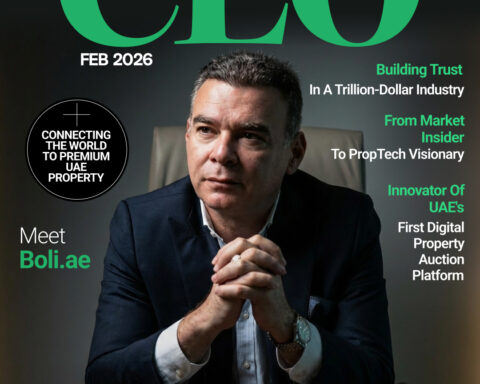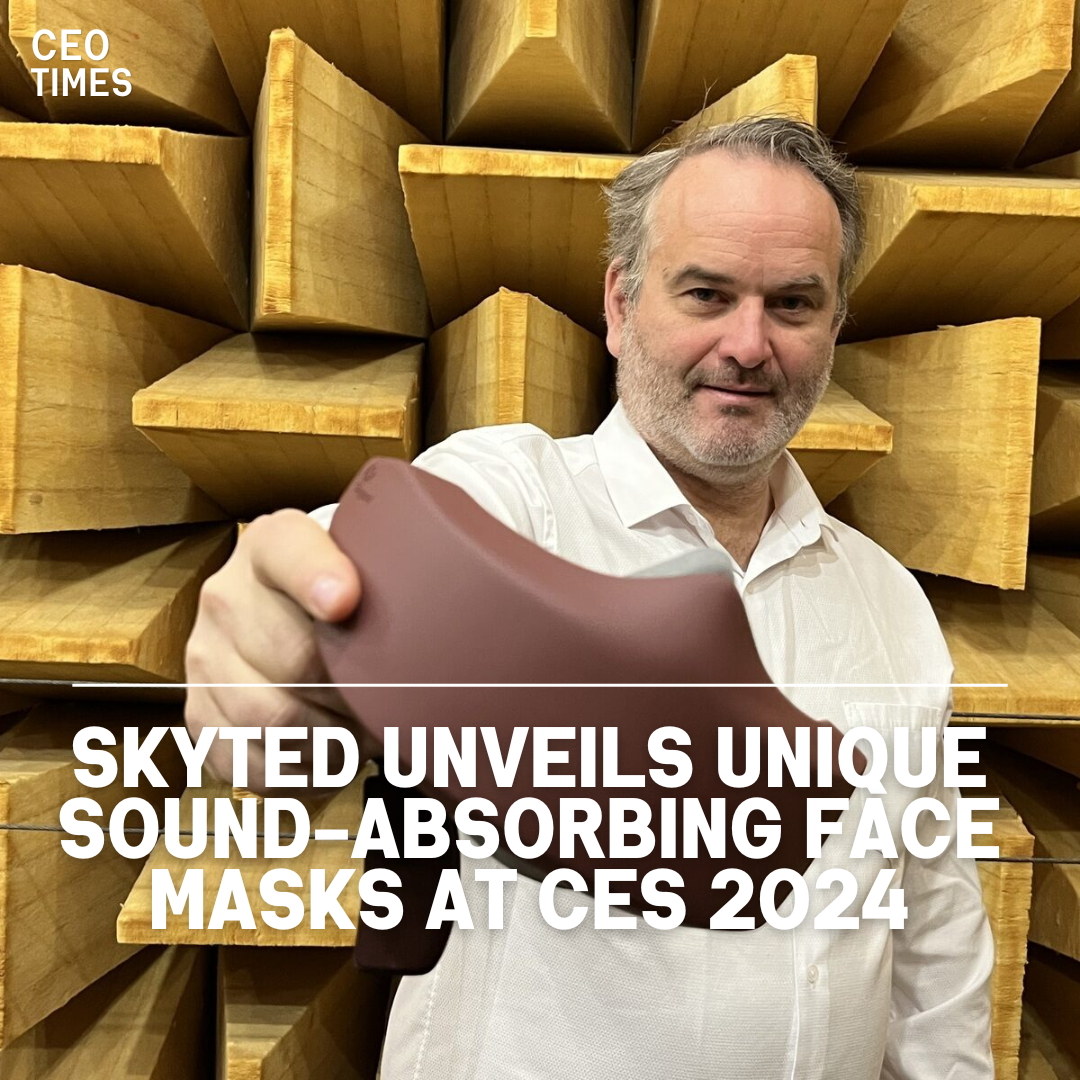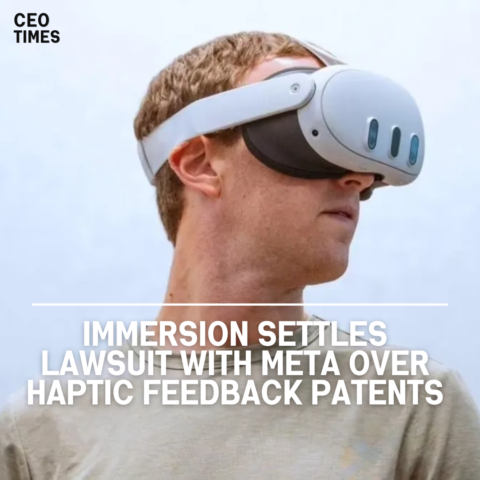At CES 2024, Skyted, a Toulouse-based startup led by former Airbus VP Stéphane Hersen and acoustical engineer Frank Simon, is introducing unconventional face-worn gadgets designed to address noise issues in bustling environments like public transportation.
Dubbed the “Mobility Privacy Mask” and “Hybrid Silent Mask,” these devices aim to absorb voice frequencies, ensuring private conversations in noisy settings, according to Hersen.
Despite their functional purpose, the strap-secured masks are visibly distinct and may not be considered discreet or stylish, weighing approximately half a pound. However, Hersen emphasizes the importance of their noise-absorbing capabilities, suggesting the tradeoffs are justified for enhanced privacy.
Technological Innovation:
Built from sound-dampening material originally developed for jet engines by Simon at ONERA, the French aerospace lab, the masks connect to a smartphone app, allowing speech to pass through the phone’s speaker and minimizing the need to remove the mask. The app also provides insights into the wearer’s voice level and offers features akin to a Fitbit for speech.
Skyted claims the masks can silence 80% of the wearer’s voice while improving the volume of calls by isolating external noise.
Their collaboration with undisclosed transportation providers and support from ONERA and the European Space Agency underpins their credibility.
Mixed Reactions and Market Outlook:
Despite its innovative approach, Skyted faces skepticism regarding its product’s functionality and market positioning.
The startup’s diverse target sectors, including gaming, defense, and medical applications, coupled with a starting price of $299 and competition from simpler alternatives, raise doubts about its Kickstarter success.
Funding and Potential:
Despite concerns, Skyted secured approximately $1 million in seed funding last year, indicating potential investor confidence.
While doubts persist, the startup’s funding history suggests a belief in a broader market for these unique sound-absorbing face masks than initially perceived.




















